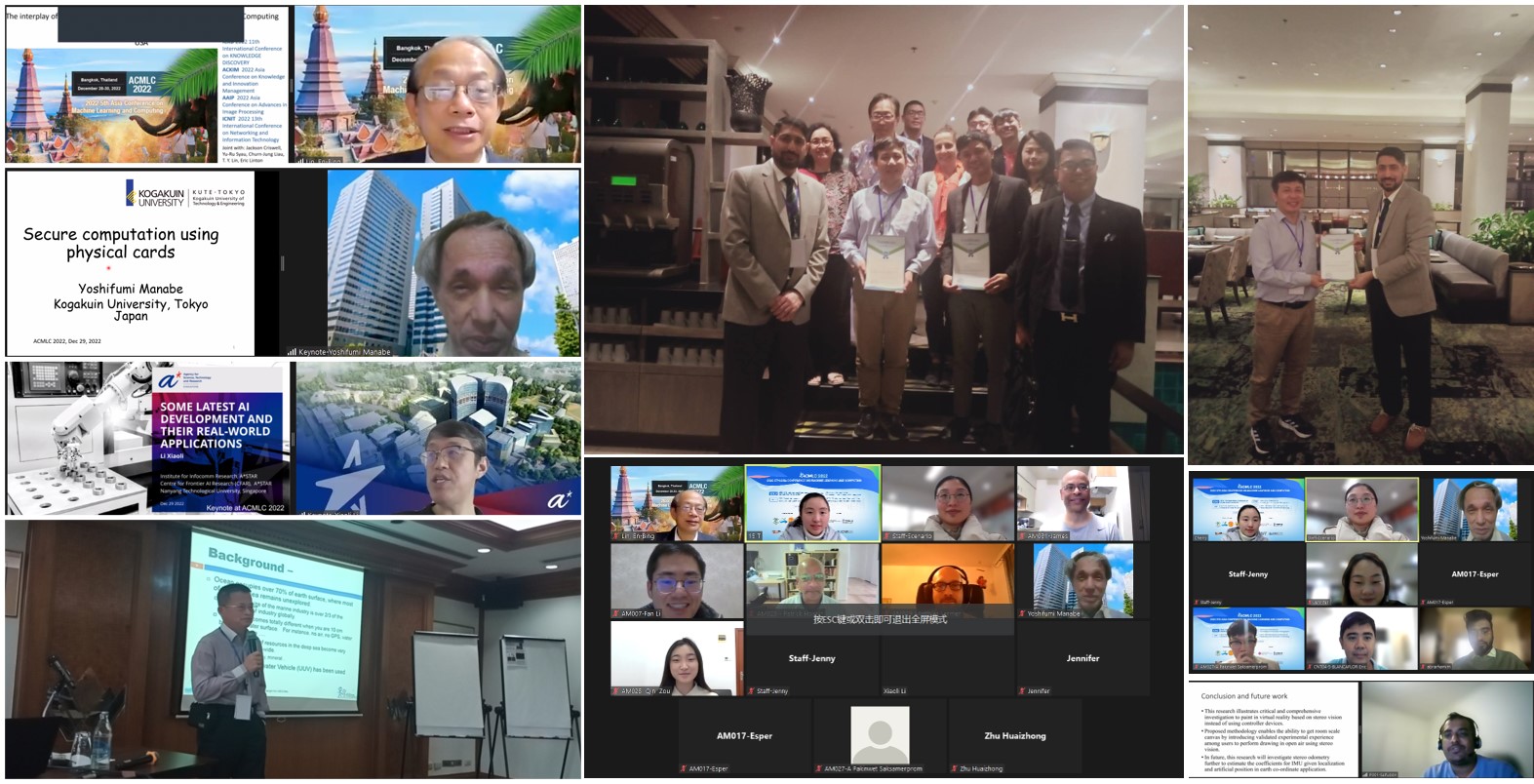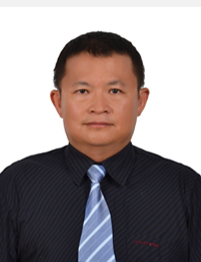ACMLC 2022
Bangkok, Thailand | December 28-30, 2022

2022 5th Asia Conference on Machine Learning and Computing was successfully held hybrid conference in Bangkok, Thailand during December 28-30, 2022. The participants presented onsite or online shared their research achievements and had a good communication. On behalf of the organizing committee, we'd like to thank all the keynote speakers, authors, and listeners.
ACMLC 2022 conference proceedings has been archived in IEEE Xplore and indexed by EI Compendex and Scopus!
 |
Keynote Speakers
|
|
|
Prof. En Bing Lin |
Prof. Chua-Chin Wang |
Prof. Xiaoli Li |
Speech Title: The interplay of Applied Mathematics, Machine Learning and Granular Computing |
Speech Title: Development of AI for Underwater Applications |
Speech Title: Some Latest AI Development and Their Real-world Applications |



